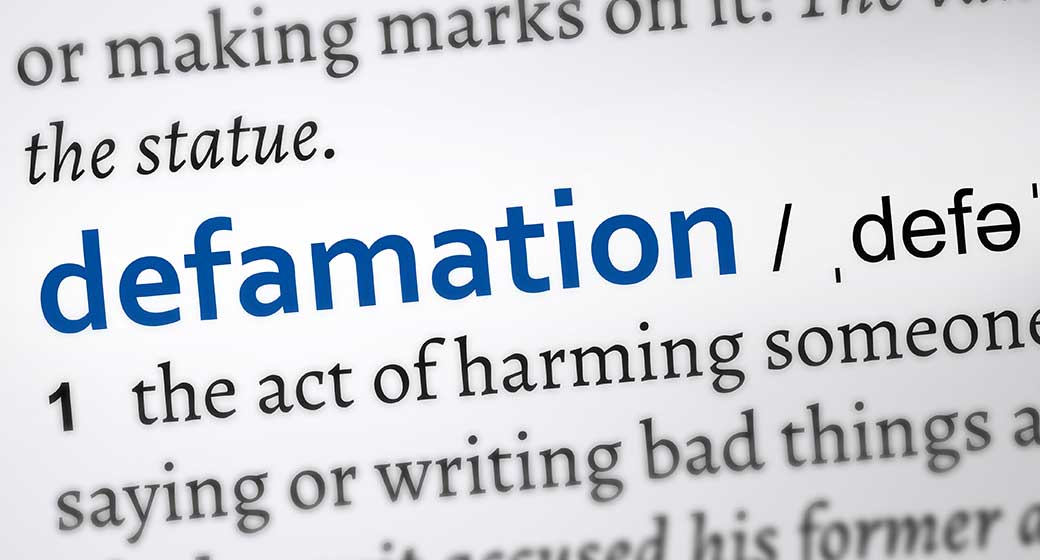
-
Posted By Sirmabekian
-
2022
-
0 Comments
The act of providing incorrect information to a third party about a person that harms that person’s reputation is known as defamation.
This article provides a guide to California defamation law.
Elements of Defamation
In California, the terms “defamation” and “slander” are defined by legislation and case law.
The elements of a defamation lawsuit are the publication of a factual statement that is untrue, unprivileged, likely to cause harm or “special damage,” and the defendant’s carelessness in publishing the statement at the very least.
Publication, which might be oral or written, refers to dissemination to a third party who is aware of the statement’s defamatory intent and how it applies to the subject of the mention. Communication to a single person other than the plaintiff suffices; publication does not have to be made to the “public” as a whole.
The burden of proving untruth in a defamation lawsuit is on the plaintiff in situations involving prominent personalities or issues of public importance. The onus of proof rests with the defendant in disputes concerning exclusively private topics. Though it is theoretically the plaintiff’s responsibility to establish untruth, the plaintiff can simply transfer the burden of proof to the defendant by testifying that the assertions under consideration are untrue.
Defamation Per Se
If the statement constitutes defamation per se, the plaintiff does not need to demonstrate particular damages (such as harm to the plaintiff’s property, company, trade, profession, or activity, including costs incurred as a result of the defamation). If a remark disparages the plaintiff outright—without the necessity for supporting extrinsic evidence—then it is defamation per se.
For instance, under California law, a claim that the plaintiff committed a crime is false on its face. In one instance, a non-profit organization (NPO) that fights for the rights of low-paid migrant workers distributed fliers accusing a major women’s apparel shop of engaging in unethical business practices by working with suppliers that didn’t pay minimum wage or overtime.
A slander lawsuit was filed against the NPO by the store. Although the comments would have met the criteria for defamation per se, the court said the shop had not proven the claims made in the flyers were untrue, hence the claims could not be regarded as defamatory.
Public Officials
In California, those who appear to have significant authority or responsibility over how government business is conducted are referred to as public officials. In California, for instance, the following people have been regarded as public officials: a police officer, a social worker employed by the government, an assistant public defender, and an assistant district attorney.
Public Figures
A person must have acquired widespread popularity in California in order to be considered a public figure for all intents and purposes and in all situations. In California, someone who willingly tries to influence how a public problem is resolved may also be regarded as a public person.
Actual Malice and Negligence
In order to win a defamation action in California, the private figure plaintiff must demonstrate that the defendant was at least careless regarding the veracity or untruth of the allegedly defamatory comments. All-purpose public figures, limited-purpose public figures, and public officials must demonstrate that the defendant acted maliciously, that is, with actual knowledge that the statements were false or reckless disregard for their untruth.
 English
English Spanish
Spanish